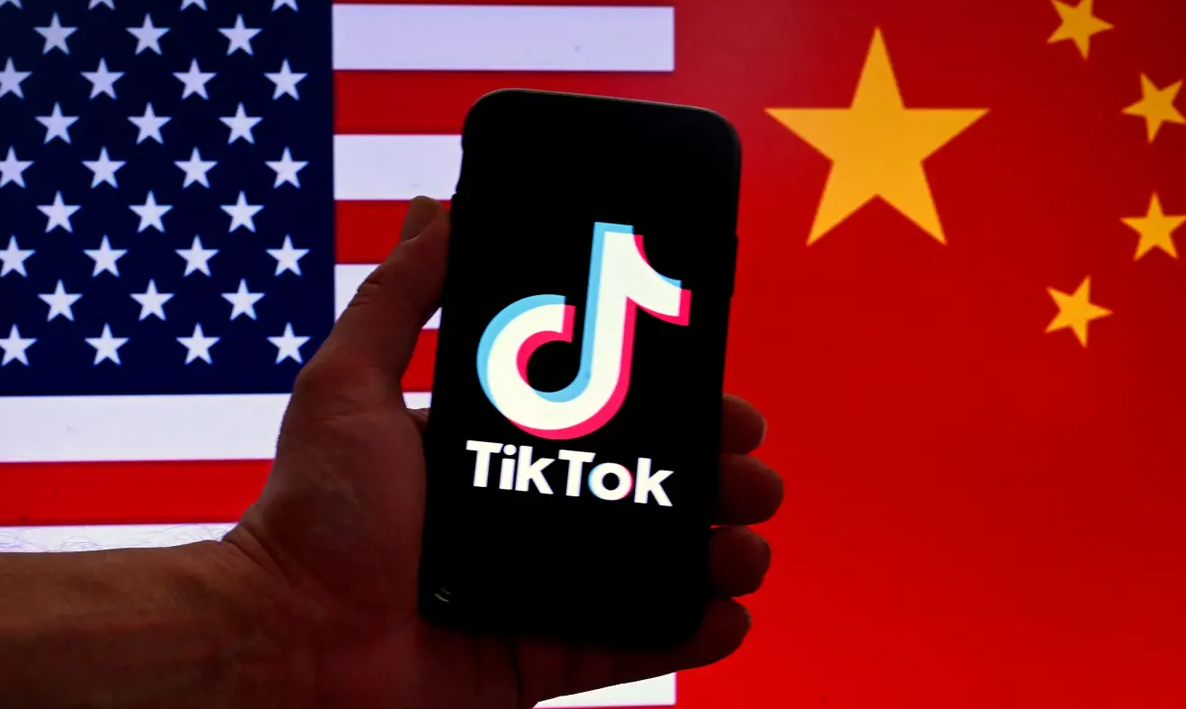TikTok Unfairly Targeted

 by Ziv Golan ’26
by Ziv Golan ’26
The popular social media platform, TikTok, has been under fire recently. Government officials have accused the app, owned by Chinese company Byte Dance, as being spyware for the Chinese Communist Party. A bipartisan group of Senators introduced the RESTRICT Act, which allows the federal government to regulate and even ban foreign-produced technology, with the aim clearly at TikTok. TikTok has also already been banned in a number of places around the United States, including a recent ban in the State University System of Florida, which includes public universities in the state. These concerns have no true basis at the end of the day, and TikTok is no different than American-owned companies such as Facebook in terms of safety and privacy risks.
Approximately 150 million Americans use TikTok according to the platform. In addition to those who post on and view TikTok for entertainment, thousands upon thousands of content-providers use it as a source of income. A ban on TikTok would infringe on the First Amendment rights of those who upload content on the app. As The American Civil Liberties Union (ACLU) explains about the RESTRICT Act, ¨If the Secretary uses this newfound power to ban TikTok or other communications platforms without evidence of overwhelming, imminent harm, it would violate our right to freedom of expression.”
Also, there is no true evidence that the Chinese Government is accessing Americans’ user data, which is one of the main concerns of U.S. lawmakers. The Chinese government can theoretically demand access to U.S. user data from TikTok under Chinese law. However, lawmakers have presented no clear evidence that TikTok has been giving such user data to China. At best, it’s a hypothetical worry. Furthermore, TikTok has begun establishing a new subsidiary, TikTok U.S. Data Security. This would protect US user data through American-based servers, on American soil, and operated by an American company (Oracle).
The issue of user privacy is larger than just TikTok. In the past Facebook, for example, has been found to be leaking user data, but Congress was not interested in banning the platform. Being dead set on going after TikTok ignores the wider issue of social media companies having too much control over user data. The government needs to focus on the wider issue at hand, and banning TikTok would only alleviate the concerns of out-of-touch politicians but no real change would be accomplished. If politicians were interested in real change they would pass legislation to limit user data leaks completely across all social media platforms instead of unfairly singling out TikTok for being a Chinese company
TikTok is a large platform for American voices to be heard and it is a key part of youth culture. The app is also a workplace for many American creators, not just the fun social media app it is portrayed as or the national security risk that politicians make it out to be. Lawmakers need to consider things like that, it is not simple to remove such a major platform from American devices. All in all, to properly protect the American right to freedom of speech it is important to keep TikTok alive. If politicians find evidence that the platform has been giving away U.S. user data then that is a different story, but right now that is not the case. The platform has even presented solutions to the concerns of lawmakers by moving American data to the U.S. datacenter. It is important for lawmakers to represent young people and not just older Americans, who are the main supporters of a ban. At the end of the day, young people in America are the ones who primarily use TikTok and they are not in favor of banning the app.